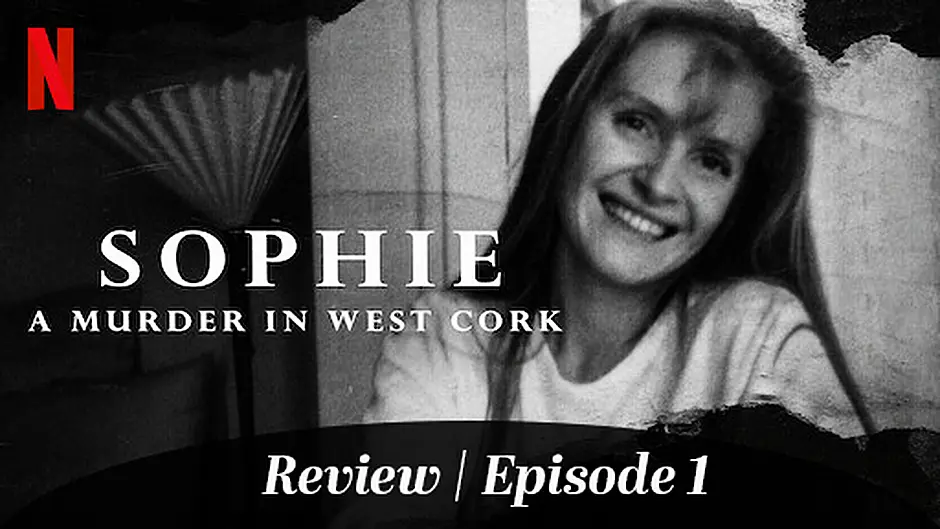It's a story that doesn't seem to stop.
The murder of Sophie Toscan Du Plantier has spawned podcasts, documentaries and hundreds, if not thousands, of articles - all focused on trying to figure out what happened on the night of the 23rd of December 1996.
We have covered the story from all angles - reporting on latest events and even reviewing the original West Cork podcast.
With the news this year that gardaí are launching a full review of the investigation that took place all those years ago, we decided to take a look at the two documentaries that, along with the podcast, brought the story to international attention.
We begin with Sophie: A Murder in West Cork - Episode One
True crime documentaries and podcasts often possess a certain eeriness that can be hard to describe - not because of the subject matter, but because they can feel exploitative.
When done well they can break new ground in an otherwise stale case, provide a human side to stories that we have become numb to hearing, and prompt us to ask questions of how we handle such cases.
However, if done poorly, there is little worse.
Things can quickly turn sour when those in charge of the story lose sight of the facts and start chasing the 'best' narrative - just look at what happened to this New York Times podcast.
It can be a tricky thing to balance - the needs of the audience and the needs of those within the story itself.
With that in mind, it's heartening to note that throughout the first episode of Sophie, the makers treat her with the respect she deserves.
It opens in a familiar way - a local telling his side of the story, clips from old news reports about the murder, dark music and shots of the local landscape.
It's nothing new but feels so due to the fact you know the places shown on screen.
A drone shot captures Cork city and for a moment there's a strange novelty to proceedings, albeit one you don't want to come around again.
Sophie's family are placed front and centre in somewhat of a coup for the filmmakers, bringing a real emotional punch to the episode.
Her son, Pierre Louis-Baudey speaks powerfully about her death and the effect it has had on him, but the most emotional scenes come as her parents describe finding out that he had died.
Sophie's mother says she knew it was her before they could confirm it.
For those unacquainted with the story, the documentary is structured in a clever way.
A certain suspect is introduced at first without mentioning his role in the story.
It's a good decision from a storytelling point of view, leading to a great twist at the end of the episode, baiting you to want to see more.
The array of Schull residents past and present who are interviewed are well-chosen and sum up the village's mix of locals and eclectic blow-ins.
They add another layer of humanity to the story.
However in all the revolving cast, there is one member who stands out - Dermot Dwyer, the 'Cork Columbo'.
'It's a coincidence that the man investigating the murder of a French woman was French,' one foreign friend of a friend pointed out when first watching the series.
'He's not French, he's just from Kerry,' came the reply.
Accent aside, he is an entertaining and open interviewee, and again a coup for the documentary.
We all know by now the main details of the case. There was a lack of forensic evidence, no witnesses, and a lack of experience of 'any serious crime' among many of the gardaí involved.
It all makes for compelling viewing.
Netflix crime documentaries have one aim - to grip the audience as tight as they can and not let go. And having a poorly executed investigation is one way of piquing interest.
They can often be sensational, and it's interesting to watch one that has been made about a story and case with which you're familiar.
While there are more than hints of that sensationalism here, episode one of Sophie does its job nicely - setting up the story and the players well.
Episode two is next, and more of a certain chief suspect.
'This is a murder which, unless solved, won't be forgotten,' says a reporter during the opening credits.
These words join a long line of those proving him right.








